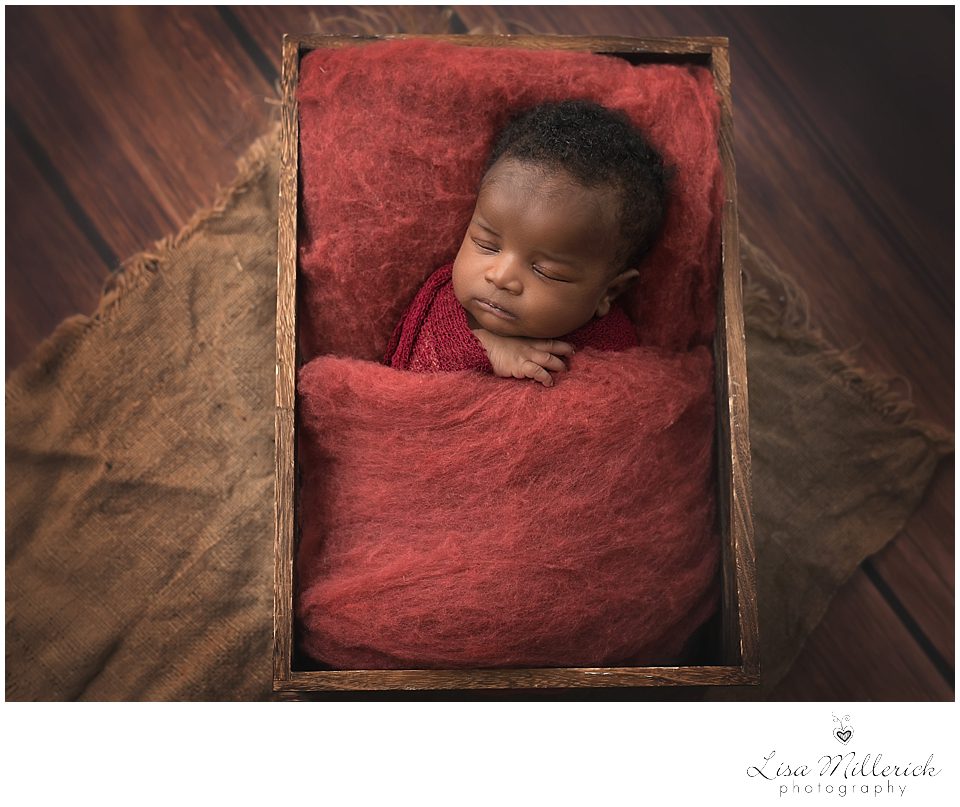


“Majority-black neighborhoods hold $609 billion in owner-occupied housing assets,” they wrote in 2018, and “in the average U.S. Perry, Jonathan Rothwell and David Harshbarger showed. For most Americans, their residences are their major source of wealth, and the gulf in the evaluation of homes in white and African American neighborhoods is enormous, as Brookings’ Andre M. The facts are stark: As Kriston McIntosh, Emily Moss, Ryan Nunn and Jay Shambaugh noted in a Brookings paper in February on the basis of 2016 data, the net worth of a typical white family is $171,000, ten times greater than that of a Black family ($17,150).Īn important source of the racial wealth gap is neighborhood segregation. This can be explained by factors related to ideology and power, of course, and also by the fact that policies to redistribute income-from Social Security to the Earned Income Tax Credit-have become an accepted part of the social insurance state. The black/white wealth gap has been much noted, and yet it has drawn little in the way of policy response, in part because inequalities of wealth generally have, until recently, been far less of a focus for policy-makers than inequalities of income.

And this is why the wealth gap between whites and African-Americans must become a far more urgent matter to our nation. Here, the resources available to individuals, families and groups are decisive. But freedom involves something else as well: The ability to choose one’s own ends and purposes.


 0 kommentar(er)
0 kommentar(er)
